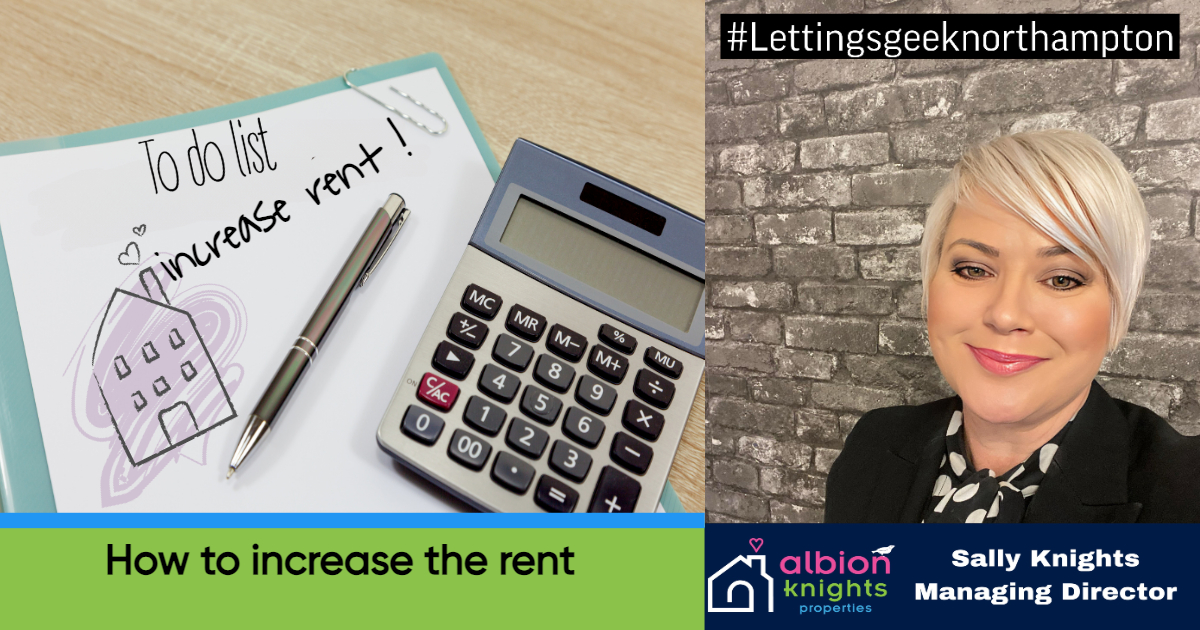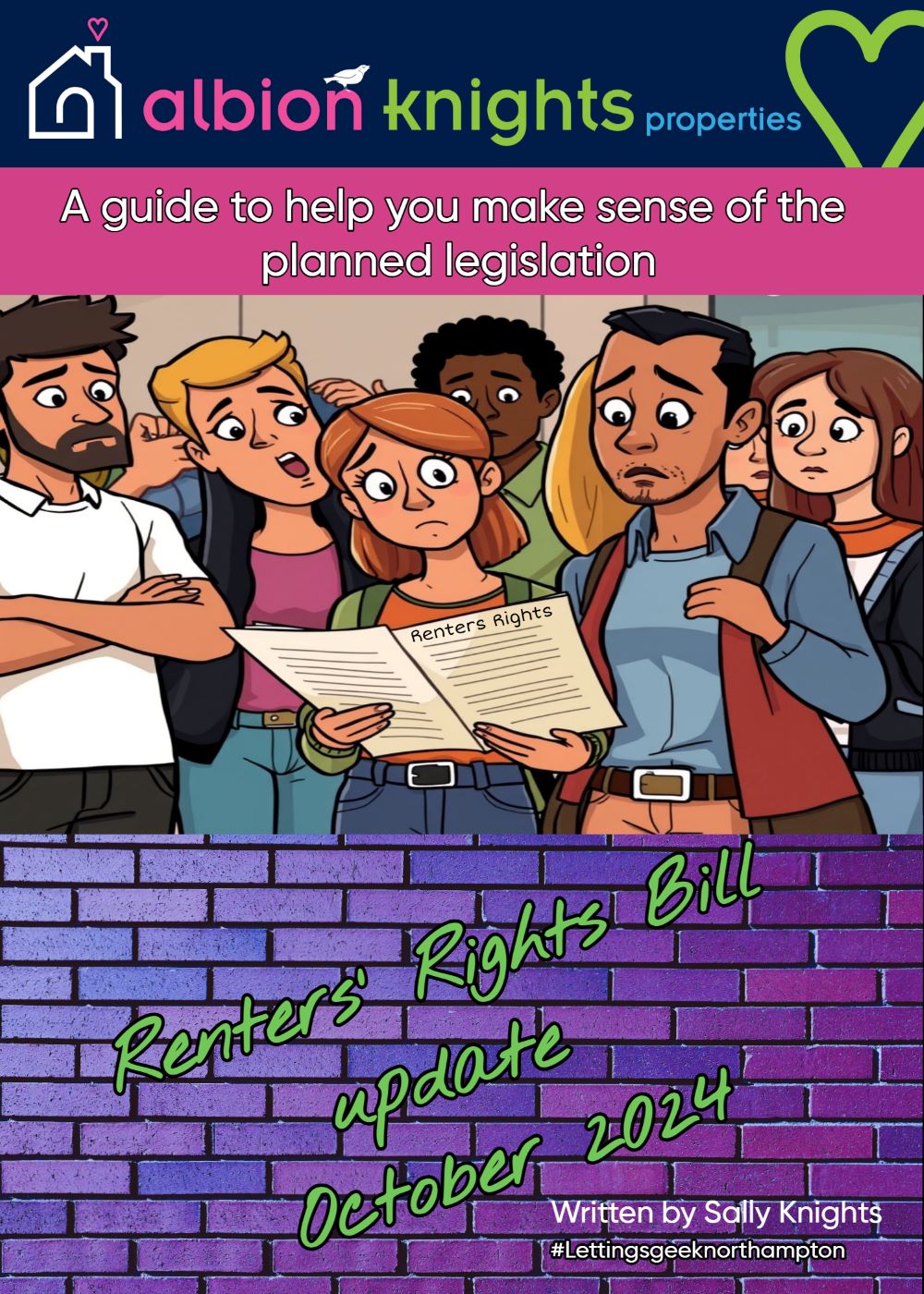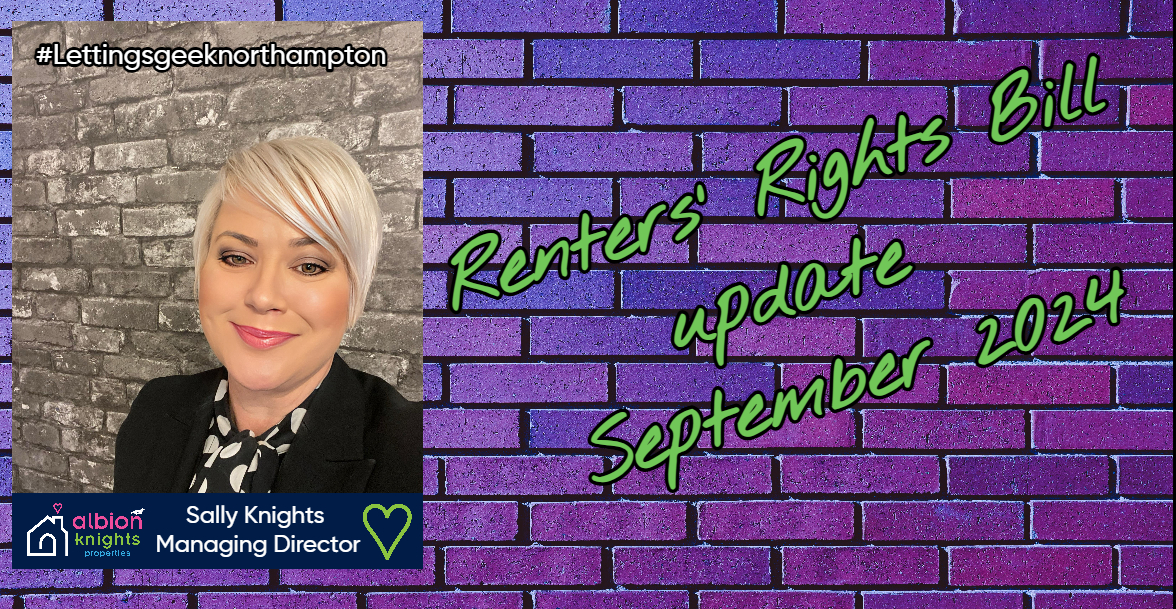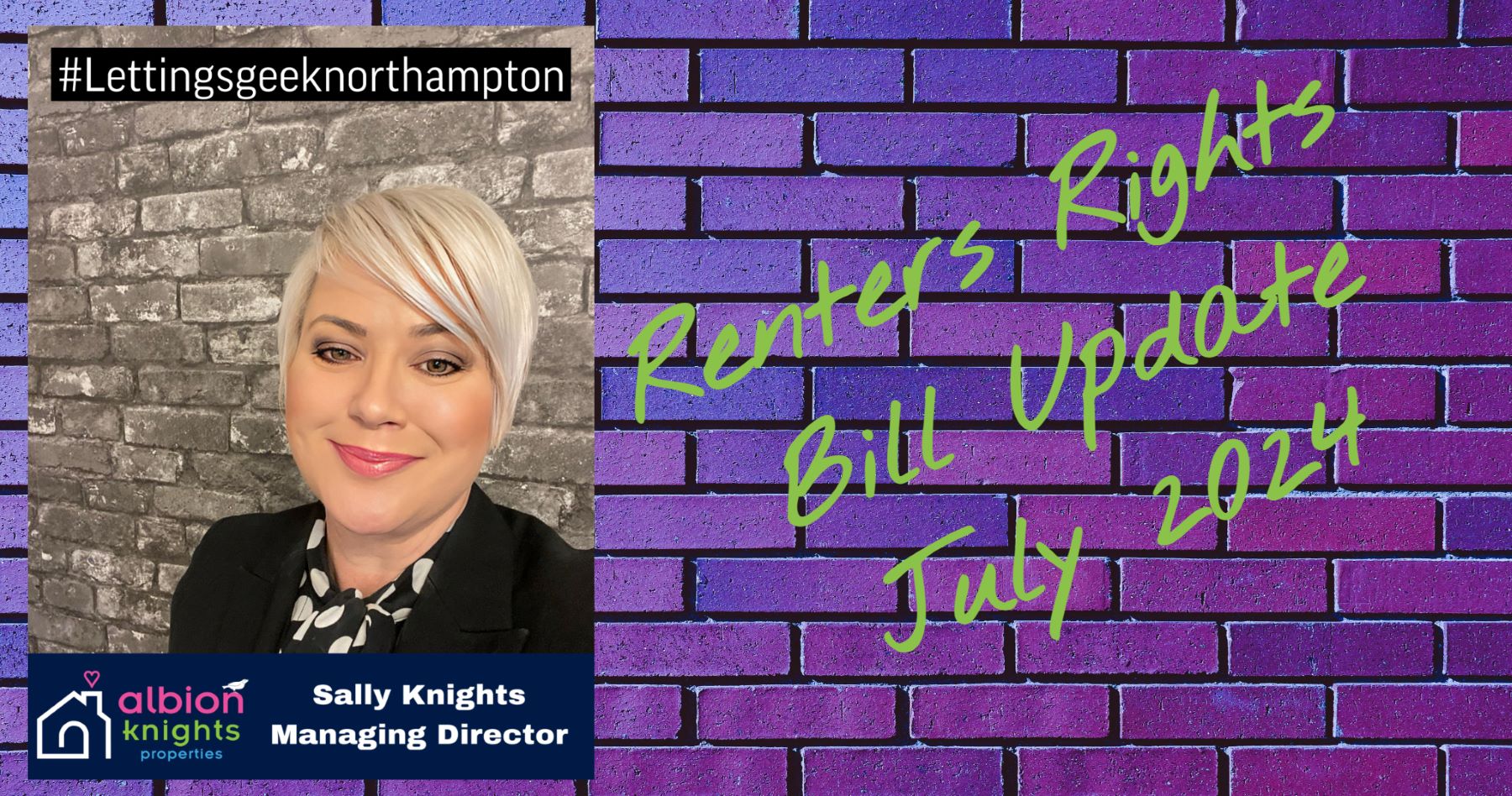Updates & News
- Details
- Hits: 712

If it’s been a while since you reviewed the rent for your tenant, now may a good time to do so. Some landlords opt to keep the rent the same for existing tenants over time, this approach can cause problems for both parties involved.
You may think you’re being kind to your Tenant by keeping the rent lower than market value, but it will hit the tenants hard when they decide to move on and realise they can’t afford to move as they have been paying way under market value. Keeping rents very low lulls the tenant into a false sense of security.
Not reviewing the rent annually means that you’re potentially missing out on funds that could have been used for mortgage payments, essential property maintenance, or investments such as energy-efficient upgrades.
We have landlords who have not increased rents since before lockdown; Then, their low fixed rate mortgage came to an end, and the next thing they know is their mortgage has increased by 100’s of pounds per month! Understandably, the tenant’s pocket will be equally as hard hit when they find out they must pay another £300/£400 on top of their current outgoings.
A more beneficial approach for both parties is to make modest annual increases in line with local market values.
There are three legal methods to increase rent:
1.) By Agreement: Rent increases are often agreed upon with tenants signing a new tenancy agreement at renewal, which minimizes potential disputes. It is important to have proof of agreement, ideally in the form of a signed document or letter.
2.) Through Rent Review Clauses: Some tenancy agreements include rent review clauses, which allow for rent adjustments during the fixed term. These clauses must be fair and usually involve an agreed percentage increase or linkage to an outside index such as the CPHI Index.
3.) Via the Statutory Notice Procedure: This formal procedure provides a framework for increasing rent during periodic tenancies. Landlords must use the prescribed form and give tenants one month's notice of the proposed new rent. If the tenant disagrees with the proposed rent, they can refer it to the First Tier Tribunal for review.
To implement rent increases fairly, consider the following guidelines:
Consider Tenant Circumstances: Consider the tenant's financial situation and wage increases, as raising the rent beyond their means could lead to tenants struggling to pay the rent leading to arrears. In our experience this can snowball very quickly with some tenants not paying at all rather than something towards the rent.
Check what is happening in the local rental market: Check the property portals (Rightmove, Zoopla etc) to ensure that you are setting the rent at a competitive rate and that it falls in line with similar properties I the local area. If rents are dropping in the area, it may be best to keep the current rent as it is. If rents are rising rapidly, consider the tenant's individual circumstances and adjust the rent accordingly.
Improve the Property: Many tenants ask us “what am I going to get in return?”, so it may be worth considering improving the property or offering incentives to tenants to justify the rent increase. This could include upgrading appliances or refreshing the décor. This also can help maintain a more positive landlord-tenant relationship is important.
Tenants often think of Landlords as the big bad wolf; We always explain that increased cost of living affects landlords too and once we advise them of the reasons why the rent is being increased, they seem to be more accepting that the rent must go up.
If you're unsure if you're charging a fair market rent for your Northamptonshire property, it may be helpful to seek advice from professionals. We would be happy to offer guidance in this matter, feel free to drop us an email This email address is being protected from spambots. You need JavaScript enabled to view it. or call us on 01604 874400
Until next time!
Sally







